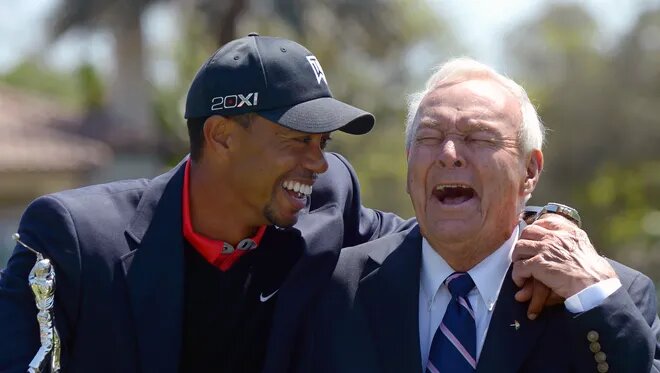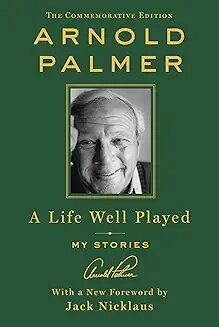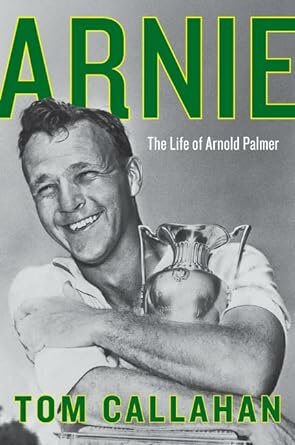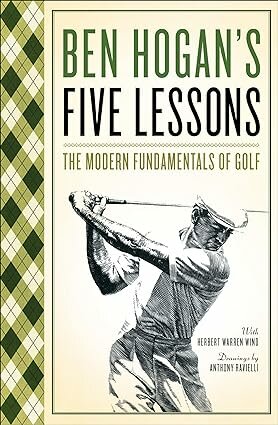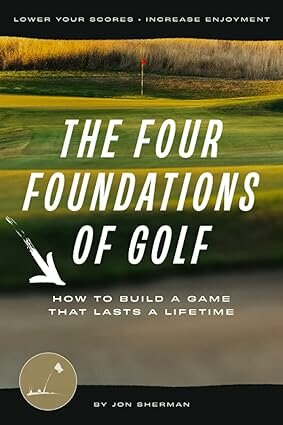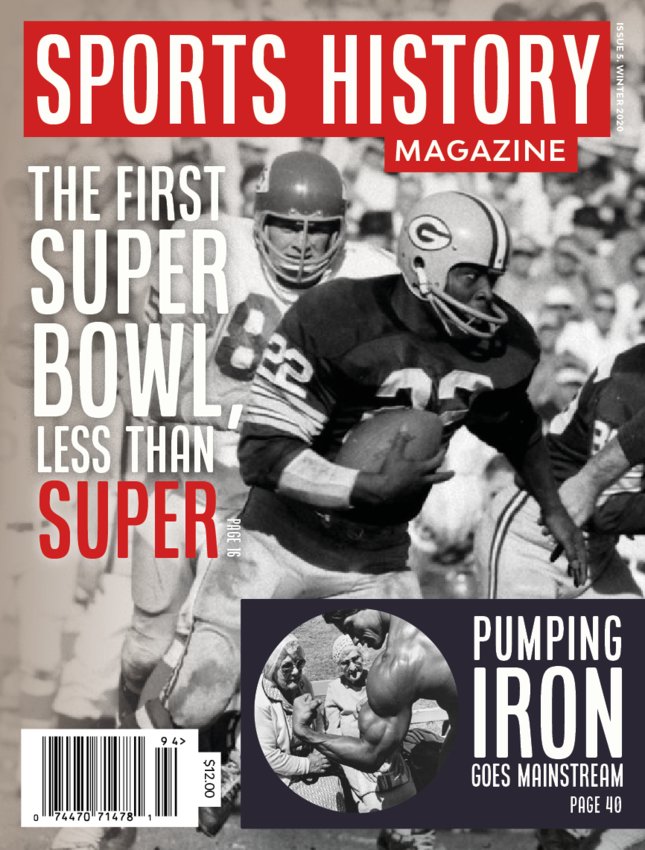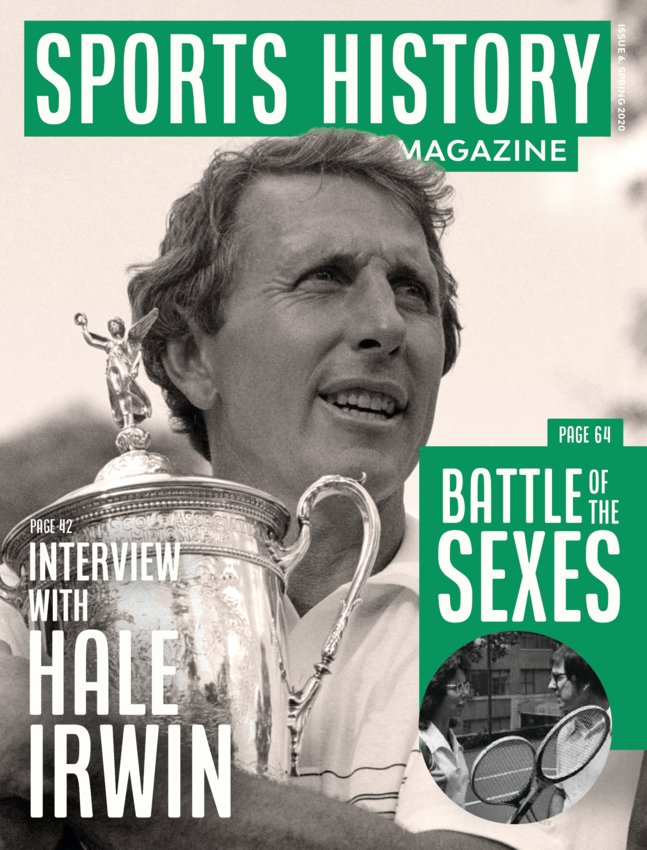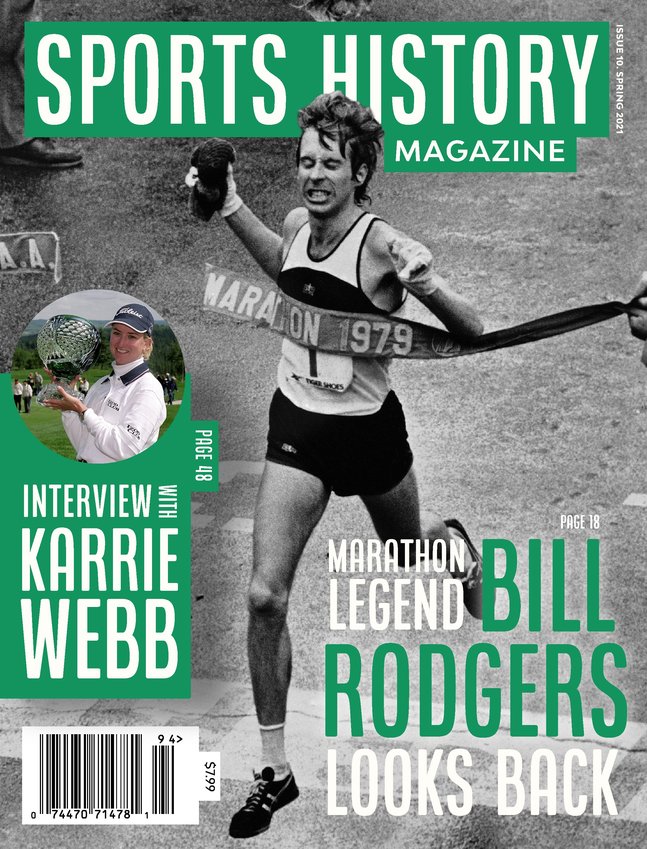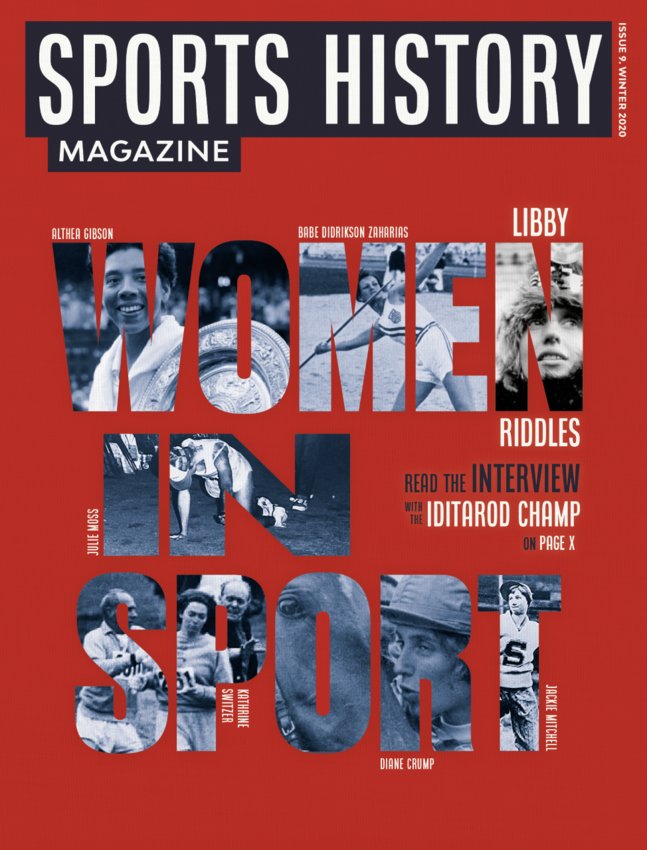Arnie's Invitational
Corporates come and go, but legends never die
“Golf is deceptively simple and endlessly complicated,” Arnold Palmer used to say.
With 7 major titles and 62 victories on the PGA Tour, Palmer ranks 5th behind Sam Snead, Tiger Woods, Jack Nicklaus, and Ben Hogan as the all-time greatest in the field.
But Palmer’s magnetic persona and pioneering role in the explosion of golf some 60 years ago earned him a different place among the deities of the game.
As a testament to his legacy beyond the celebrated shots and scores, he is the only golfer with a PGA tournament named after him- The Arnold Palmer Invitational.
BUY- 'A Life Well Lived: My Stories' (2,109 ratings)
In a sport that has evolved into a 12-month financial juggernaut, not to mention the seismic disruptions coming from LIV Golf, Arnie’s Invitational is a reminder that corporates and outsiders are ephemeral, but legends are eternal.
Played every March at the Bay Hill Club & Lodge in Orlando, Florida, Arnie’s namesake event commands one of the PGA’s most lucrative purses at $20 million (winner’s share $3.6 mil), not to mention 700 points for the coveted FedExCup.
The competition has its roots as the successor to the Florida Citrus Open Invitational, which debuted in 1966 at the Rio Penar Country Club and was one of Orlando’s first signature sporting events.
Palmer won the Citrus Open in 1971, purchased the near-by Bay Hill Club in 1975, had the tournament moved to his grounds in 1979, and lent his name beginning 2007.
While sponsors come and go on the PGA Tour- Nissan Open (now Genesis), Wachovia Championship (now Wells Fargo), Viking Classic (now Sanderson Farms), etc.- The Arnold Palmer Invitational has been a bedrock inscription for the past 17 years.
Since Palmer’s death in 2016, his daughter and son-in-law, Amy and Roy Saunders, have owned the Bay Hill Club, which hosts and pays homage to the annual tour stop.
BUY- 'The Life of Arnold Palmer' (350 ratings)
Palmer rose to prominence after winning the 1954 U.S. Amateur. He turned pro shortly after and won his first PGA event at the 1955 Canadian Open, firing (-23) 265 to beat runner-up, Jack Burke, Jr., by 4 strokes.
A dominant figure from 1958 until 1964, Palmer claimed 7 majors just in that period alone- Masters (4), British Open (2), and the U.S. Open (1). Only the PGA Championship eluded him, where he placed 2nd three times in his career.
His ascendance in the sport coincided with the mid-century economic boom years, which saw Americans settle into suburban lifestyles with a car in the driveway and a TV in the living room.
Handsome and charismatic, Palmer was a natural face for the burgeoning TV audience who also identified with his common roots, helping to transform golf from a stuffy, clubby pastime to an every-man’s game.
On the fairways, he seemed better suited for tougher courses and stiffer competition. He played with flair and courage, captivating a following that became known as ‘Arnie’s Army’.
SIGN UP FOR OUR FREE WEEKLY NEWSLETTER, OR JUST $30/YR WITH ARCHIVES, APP & AUDIO
At the 1960 U.S. Open in Cherry Hills outside Denver, Colorado, Palmer delivered the greatest comeback in tournament history to defeat amateur Jack Nicklaus by 2 strokes.
Tied at 15th coming into the final round, Palmer erased a 7-hole deficit with an indelible 90-foot chip birdie on the 2nd and an 18-foot birdie on the 4th, ending at -4 (72-71-72-65=280).
In characteristic style, the new champion flung his cap in the air to celebrate his first and what would be his only U.S. Open victory.
“The most rewarding things you do in life are often the ones that look like they cannot be done,” was one of his aphorisms.
BUY- 'Ben Hogan's Five Lessons: The Modern Fundamentals of Golf' (13,609 ratings)
Sports Illustrated named him ‘Sportsman of the Year’ in 1960 and AP named him ‘Athlete of the Decade’ for the 1960s.
Along his life’s journey, Palmer designed hundreds of golf courses, helped found The Golf Channel, set up charitable organizations, and trademarked an ice tea/lemonade beverage that bears his name.
But Arnie’s Invitational as a PGA event wouldn’t hold its cache unless his fairways and greens bore witness to battleground dramas.
After helping to transform golf in the 1960s, Palmer lived to see an explosive new talent inject the game with another needed boost, and much of it was done on his property.
Tiger Woods, who is tied with Sam Snead for most PGA wins at 82 (15 majors), scored 8 of his victories at Bay Hill, more than any other event except the WGC-Bridgestone Invitational where he has 8 as well.
Woods swung to triumph for the first time at the Orlando location in 2000, defeating Davis Love III by 4 strokes to finish at -18 (270). He ended his streak in 2013 with a -13 (275) following a 2-shot lead over Justin Rose.
His game was so dominant that in 2003, he pulled away with an 11-stroke margin ahead of 4 runners-up to win his 4th consecutive match at the course.
Other renowned names who made their marks at Bay Hill include Payne Stewart who in 1987 came away with the best record in course history at -20 (264).
More recently, world No. 1 players Scottie Scheffler (2022), Rory McIlroy (2018), and Vijay Singh (2007) added Arnie’s Invitational prize to their galleries.
“You must play boldly to win,” Palmer once quipped about his course that saw no shortage of thrills and spills during its history.
Bay Hill’s 72-par championship course stretches for 7,381 yards and is littered with lakes, creeks, bunkers, and dog-legged turns.
At Par-5, Hole 4 is the longest with 561 yards that play uphill, while Par-3 Hole 7 is the shortest at 199 yards; in 2009, Vaughn Taylor sunk a hole-in-one at the 7th in the second round.
In 1983, Greg Norman, the man notorious for his 2nd place finishes in the majors, fell to Mike Nicolette in a playoff contention at Hole 15.
Seven years later in 1990, Norman once again succumbed to Rookie of the Year, Robert Gomez, who buried his second shot on the Par-4 18th from 176 yards away.
‘The King’ was inducted into the World Golf Hall of Fame as early as 1974 and beyond the game, he was awarded the Presidential Medal of Freedom in 2004 and the Congressional Gold Medal in 2009.
Encapsulating golf, Palmer famously noted, “Success in this game depends less on strength of body than strength of mind and character.”
SIGN UP FOR OUR FREE WEEKLY NEWSLETTER, OR JUST $30/YR WITH ARCHIVES, APP & AUDIO

